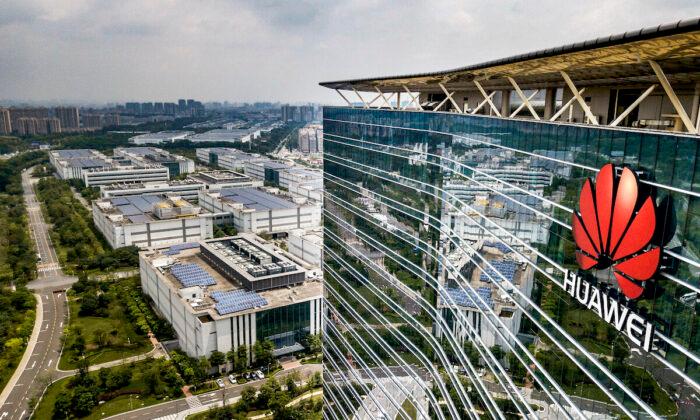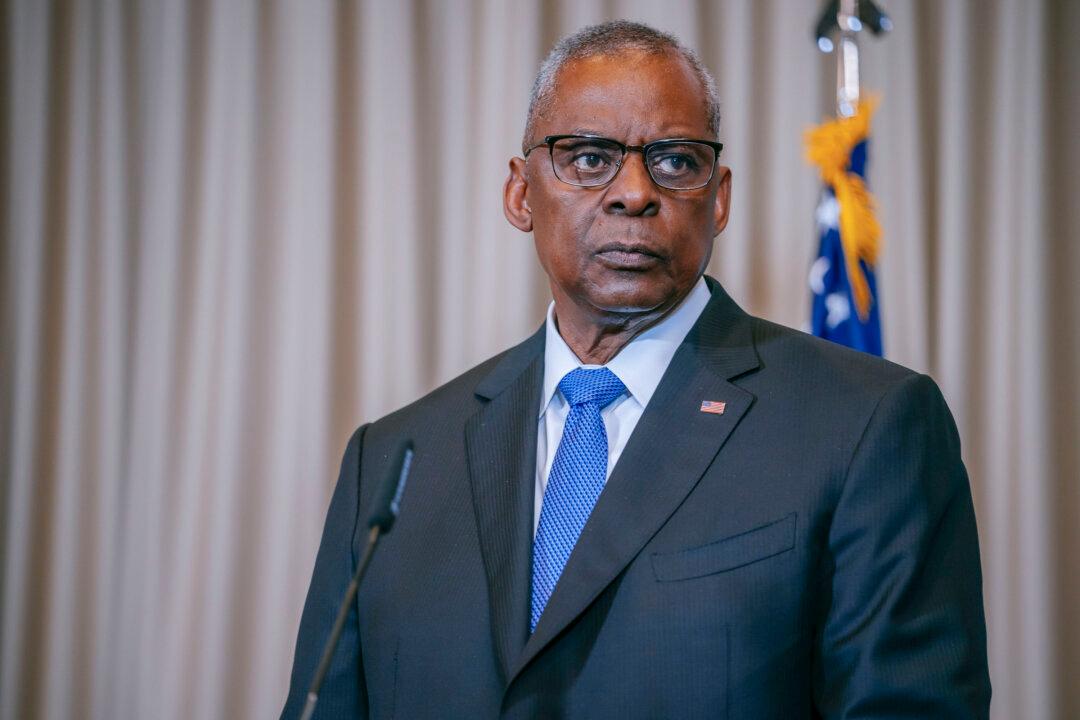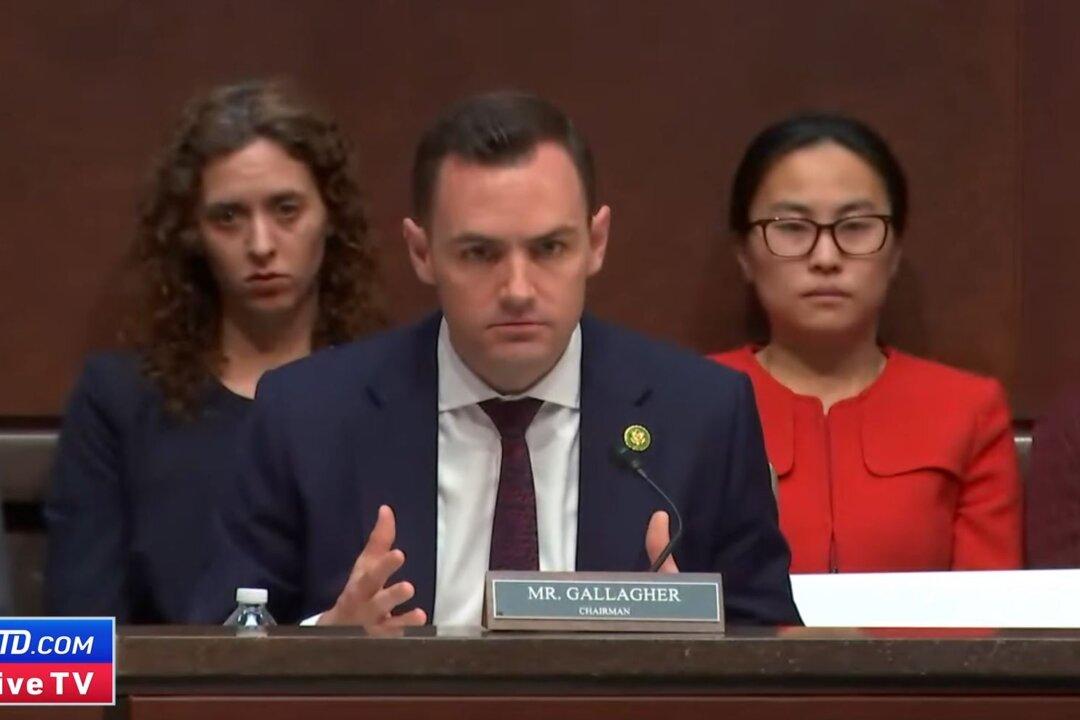The Chinese Communist Party (CCP) is engaged in anti-competitive and anti-free market practices on a global scale, according to experts, who said that the United States lacked adequate non-security-related tools to defend its interests.
“Core Chinese practices, such as forced technology transfer, restrictive market access, and industrial subsidies, have been a concern for U.S. policymakers since before China’s accession to the World Trade Organization (WTO),” said Emily Kilcrease, senior fellow and Center for a New American Security, a security-focused think tank.
“Yet, twenty years on, China has intensified rather than modified these practices and has failed to live up to its WTO accession promise of moving towards a free market economy. It has expanded its nonmarket playbook to include cyber theft of intellectual property (IP), talent acquisition, exploitation of the open U.S. academic environment, and economic coercion.”
Kilcrease delivered the comments during a hearing of the U.S.-China Economic and Security Review Commission, a congressional advisory body, on issues related to the CCP’s difficult and, at times, malign trade practices.
She said that there was growing pessimism in the United States regarding Chinese business practices, as well as a growing resentment over the failure of leadership to adapt to China’s anti-competitive efforts.
“The U.S. views of China’s nonmarket innovation practices are increasingly pessimistic, as these practices persist and the United States and allies and partners have yet to develop fully effective responses to ensure that our companies and workers can compete on a level playing field,” Kilcrease said.
To that end, she said that the United States would “lean heavily on national security-focused defensive tools” such as export controls and investment screening in its fight against rampant IP theft and covert financial takeovers. She further recommended that the United States look to develop non-security-related tools to battle CCP activities in the marketplace.
“The United States should develop alternative approaches for addressing concerns with China’s nonmarket practices that do not have a connection to this expansive concept of national security and should consider the use of national security tools as just one part of a holistic strategy to address China’s nonmarket innovation practices,” Kilcrease said.
Notably, however, Kilcrease said that direct negotiations with the CCP would likely yield little if any good, as the regime considers the United States’ current inability to meaningfully combat international IP theft to be to its advantage.
“Direct negotiations with China are, at this point, unlikely to yield meaningful results,” Kilcrease said. “China has little incentive to commit to binding rules that will require structural changes to a system they believe works for their economic and political objectives. ”
As such, she recommended that the U.S.-EU Trade and Technology Council work together to craft a new multilateral regime for investment and export controls.
“A new regime must provide the United States and its partners and allies with the forum to coordinate export controls for a broader range of strategic objectives, including those that are specific to China, Russia, or other countries of concern as may be identified,” Kilcrease said.






Friends Read Free